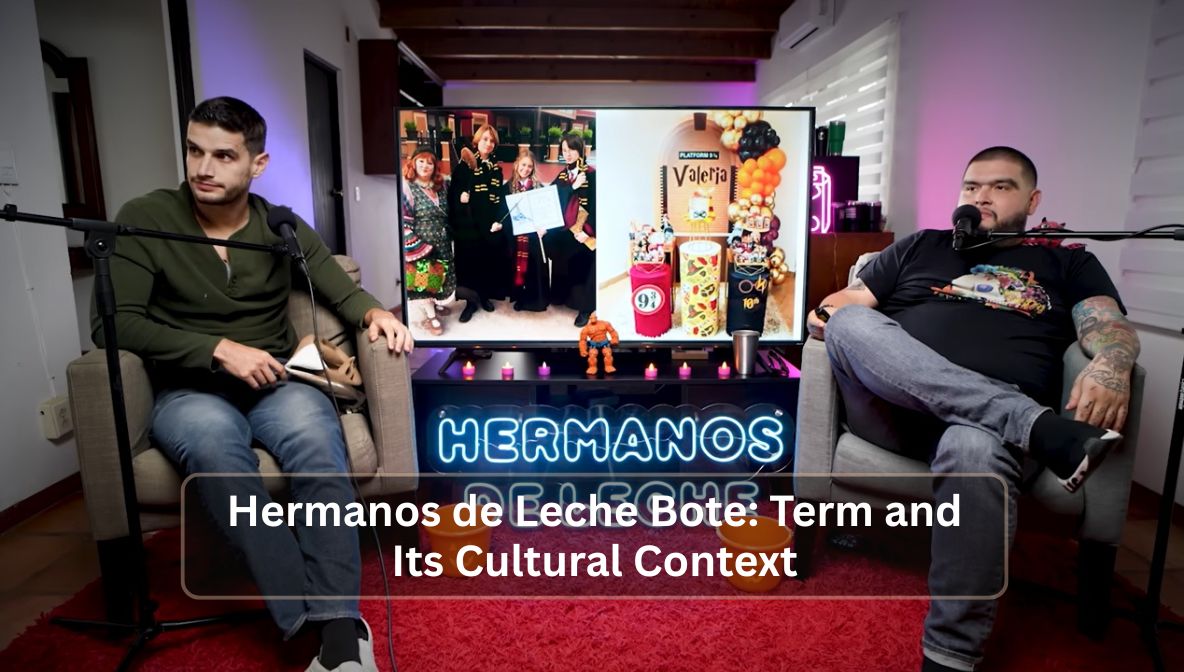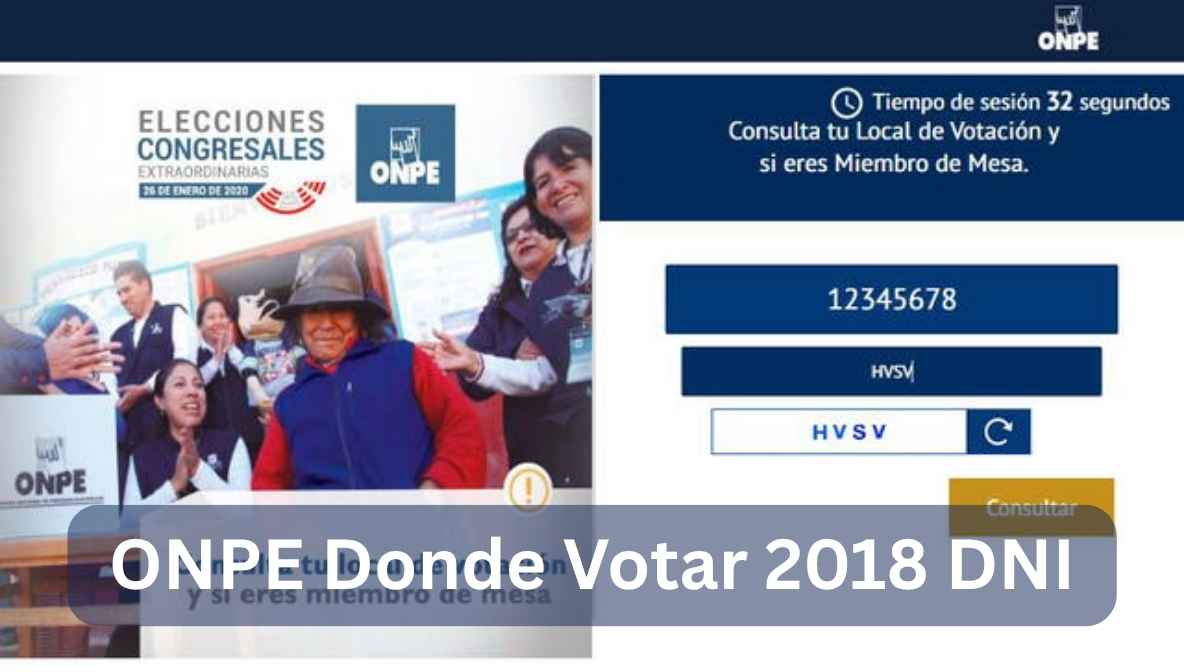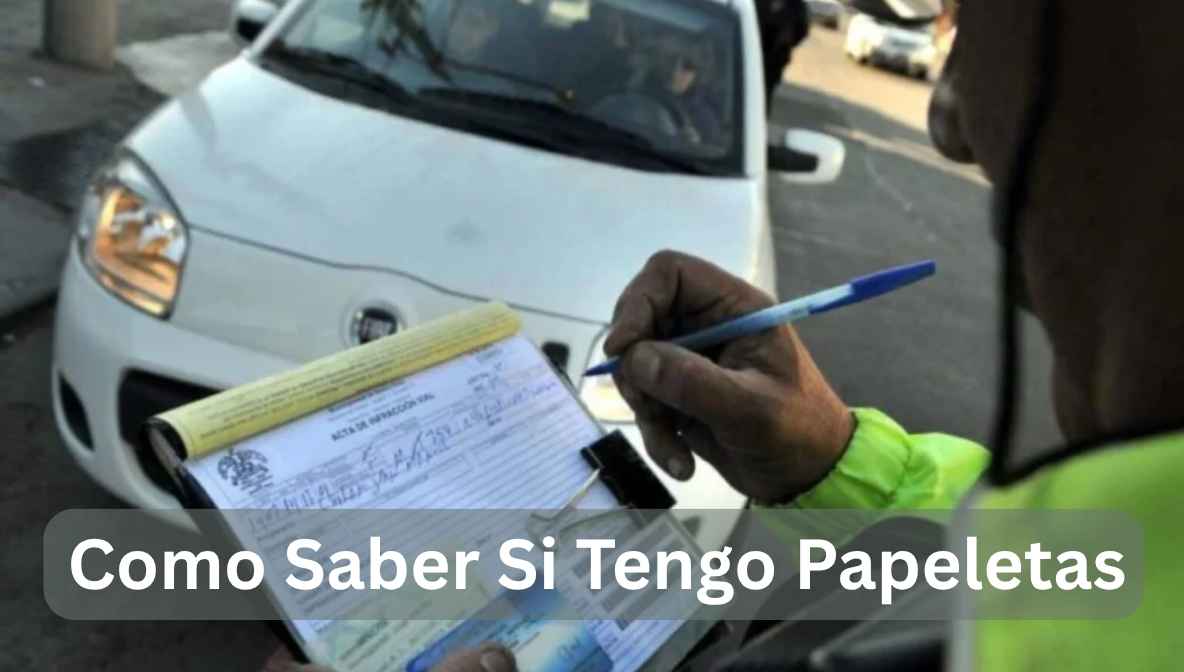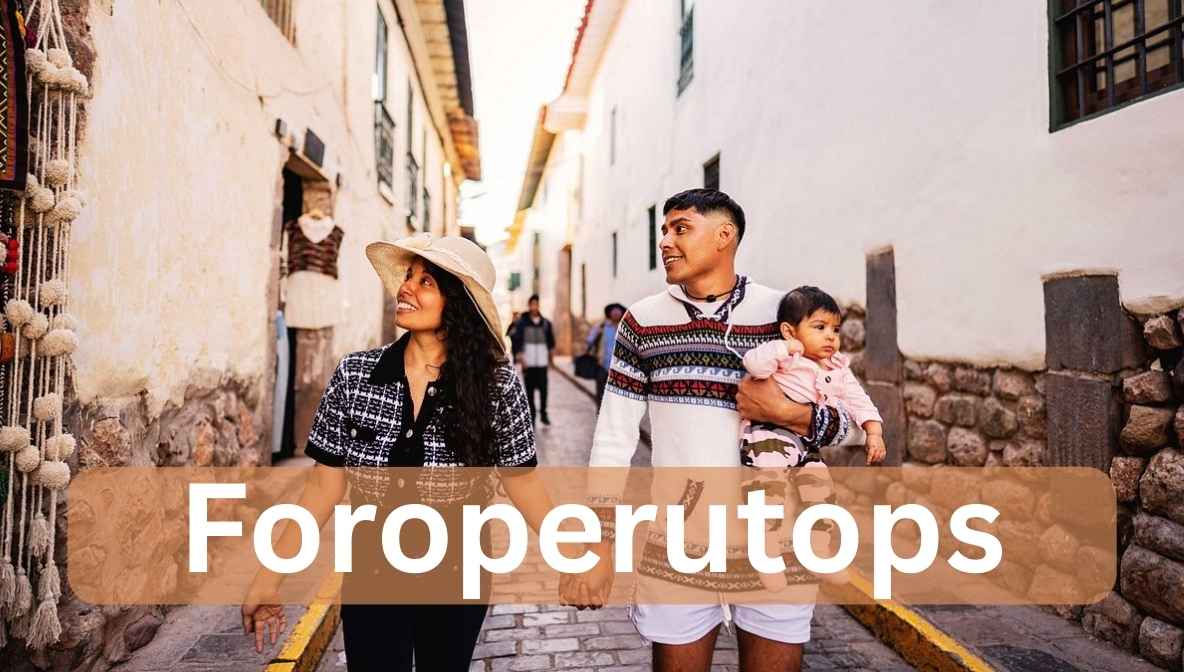The phrase “hermanos de leche bote” combines two Spanish terms: “hermanos de leche,” which translates to “milk brothers,” and “bote,” meaning “container” or “boat.” Historically, “hermanos de leche” refers to individuals who were nursed by the same woman, creating a bond akin to siblinghood. The addition of “bote” introduces a modern twist, often used colloquially or humorously in various contexts.
Key Points:
-
“Hermanos de leche” denotes a bond formed through shared nursing.
-
“Bote” adds a contemporary or humorous element to the phrase.
-
The combined term is used in various cultural and social contexts.
What Does “Hermanos de Leche” Mean?
In traditional Spanish culture, “hermanos de leche” refers to two individuals who, though not biologically related, were breastfed by the same woman. This practice was common in times when wet nursing was prevalent, and it established a lifelong bond between the individuals, similar to that of siblings. The term emphasizes the deep connection formed through shared nourishment during infancy.
For example, in rural communities, children nursed by the same woman often grew up together, sharing experiences and forming strong emotional ties. Communities often respected and acknowledged this relationship, and it sometimes shaped how people interacted socially or chose marriage partners.
How Has the Term Evolved in Modern Usage?
Over time, “hermanos de leche” has taken on additional meanings beyond its original context. People often use the term in contemporary slang to describe men who have dated the same woman, humorously pointing to a shared romantic history.
The evolution of the term reflects changes in societal norms and language, where traditional expressions are adapted to fit modern contexts. It’s important to note that while the original meaning carries cultural and emotional weight, the modern usage is more casual and may not be appropriate in all settings.
Note: The term’s meaning can vary significantly depending on context, so it’s essential to understand the audience and setting when using it.
What Is the Significance of “Bote” in the Phrase?
The word “bote” in Spanish can mean “container,” “jar,” or “boat,” depending on the context. When combined with “hermanos de leche,” it adds a layer of humor or specificity to the phrase. People often use the term “hermanos de leche bote” to describe individuals who share a unique experience or bond, playfully adding “bote” as a metaphorical twist.
In some cases, “bote” could refer to a shared container, symbolizing a common source or experience. Alternatively, it might be a colloquial twist, adding a humorous or ironic tone to the phrase. The exact interpretation can vary based on regional dialects and cultural nuances.
Reminder: Language is dynamic, and the meanings of phrases can shift over time and across different communities.
How Is the Term Used in Popular Culture?
The phrase “hermanos de leche” has appeared in various forms of media, including television and online content. The Spanish television series “Hermanos de Leche” aired in the 1990s and follows the lives of two men whom the same woman nursed and who later reunite as adults. The show explored themes of friendship, family, and the complexities of modern life.
In the digital age, the term has been adopted by content creators and influencers, sometimes as a brand or channel name. This usage often plays on the humorous or ironic aspects of the phrase, appealing to audiences familiar with its multiple meanings. Such adaptations demonstrate the term’s versatility and enduring relevance in Spanish-speaking cultures.
How Does the Term Reflect Cultural Values?
The concept of “hermanos de leche” underscores the importance of communal bonds and shared experiences in many Spanish-speaking societies. It highlights how relationships can be formed through nurturing and care, extending beyond biological ties. This perspective values the emotional connections that arise from shared life experiences, emphasizing the social fabric that binds communities together.
Furthermore, the term’s evolution and continued use in various contexts reflect the adaptability of language and its role in expressing cultural identity. When people explore phrases like “hermanos de leche bote,” they uncover the values, humor, and social dynamics that shape the cultures using them.
Conclusion
The phrase “hermanos de leche bote” is rich with cultural significance and illustrates the dynamic nature of language. From its origins in shared nursing practices to its modern colloquial uses, the term encapsulates themes of connection, shared experiences, and the evolving ways in which people relate to one another. Understanding such expressions offers a window into the values and social intricacies of Spanish-speaking communities.
FAQ’s
1. What does “hermanos de leche” literally mean?
It literally translates to “milk brothers,” referring to individuals nursed by the same woman.
2. Is “hermanos de leche” still used in modern Spanish?
Yes, though its usage has evolved, and it can have different meanings depending on context.
3. What does “bote” add to the phrase?
“Bote” can add a humorous or specific twist, depending on regional usage and context.
4. Is the term used in media or popular culture?
Yes, it has been used in television series and by online content creators.
5. Does the term have the same meaning across all Spanish-speaking countries?
Not necessarily; meanings can vary based on regional dialects and cultural nuances.




